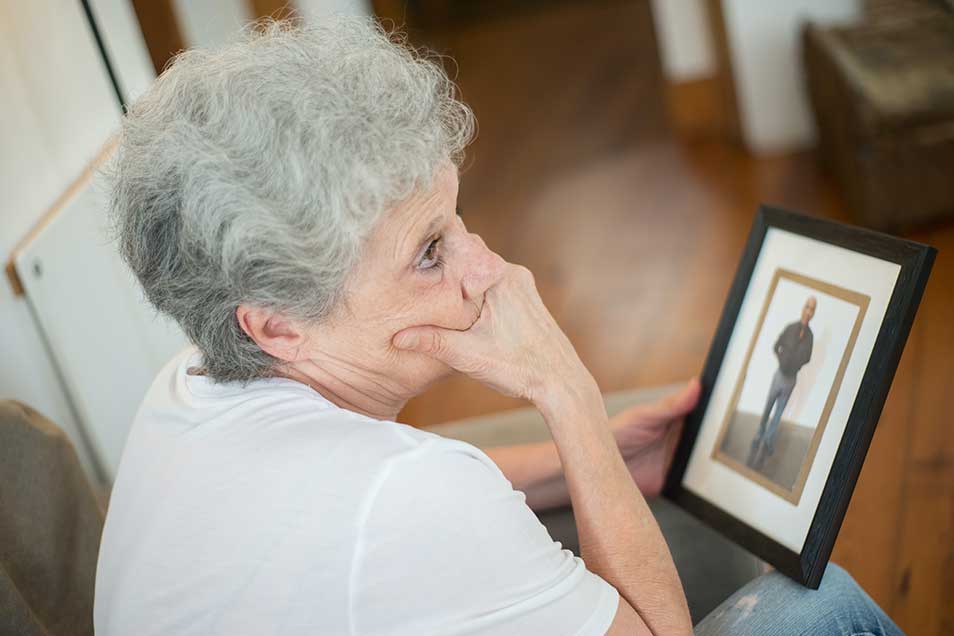Coping with Survivor’s Guilt- International Survivors of Suicide Loss Day (November 19)
November 19 is International Survivors of Suicide Loss Day. Losing a loved one to suicide can be incredibly difficult and come with a whirlwind of complex emotions, like grief, pain, and survivor’s guilt.
The Grief of Losing a Loved One to Suicide
Experiencing the loss of a loved one is difficult for everyone. However, losing a loved one to suicide can be its own league of grief and pain. Many survivors of suicide loss find themselves feeling a whirlwind of emotions, like shock, confusion, overwhelm, and guilt.
Many survivors search for clues they missed, ponder what they could have done different to prevent this painful loss, and wonder the most burning question of all, “why?”.
You may never have every answer you need to find closure after losing a loved one to suicide. Depression is an illness that does not always make sense. The most essential thing you can do when coping with such a harrowing experience is turn to trusted loved ones and mental health professionals to find the support you need to get through this difficult time.
What is Survivor’s Guilt?
One significant feeling many survivors of suicide loss may find themselves experiencing is known as survivor’s guilt. Survivor’s guilt can be defined as the guilt one feels when someone else experiences a significant loss, and they do not. Those who lose a loved one to suicide will experience a wide range of complicated emotions that may not always make sense. One of these emotions could be survivor’s guilt, especially when one feels as guilty for not knowing their loved one was hurting so immensely.
Coping with Survivor’s Guilt
Losing a loved one to suicide is immensely painful. Experiencing survivor’s guilt after losing a loved one can make the grieving process even more painful. The most critical thing one can do to cope with grief and survivor’s guilt is seek the help of a mental health professional.
Allow Yourself to Feel Your Emotions
Do not keep your emotions bottled up. While survivor’s guilt can be confusing and often fall along an irrational train of thought, it is an expected part of the grieving process. Allowing yourself to experience and accept the emotional rollercoaster that comes with grief will allow you to work through your pain more productively.
Stay Connected
Grief has a way of making many people self-isolate. However, human connection can be an incredibly healing experience. Talk to your loved ones about the way you are feeling. Seek out a support group. Work past that urge to self-isolate and surround yourself with people who leave you feeling loved and supported.
Take Care of Yourself
Working through the intense emotions of grief can be exhausting and cause many to lose the motivation to take care of themselves. However, self-care will be crucial to maintaining the strength and resilience you need to work through the most challenging moments of your grief. Practice self-care by:
- Exercising
- Resting
- Taking a bath
- Participating in your favorite hobbies
- Journaling
- Getting creative
- Eating healthy
- Sleeping enough
- Avoiding turning to substances like drugs and alcohol
We Are Here to Help
If you have lost a loved one to suicide, the complex emotions and thoughts you may experience can quickly become overwhelming. Our experienced and empathetic therapists are here to help. Contact us today, and we will work to set you up with a therapist you can partner with to work through your grief counseling and the many other complicated emotions associated with your loss.
Keywords: grief, grief counseling, therapy, survivor’s guilt
References:
https://afsp.org/international-survivors-of-suicide-loss-day


